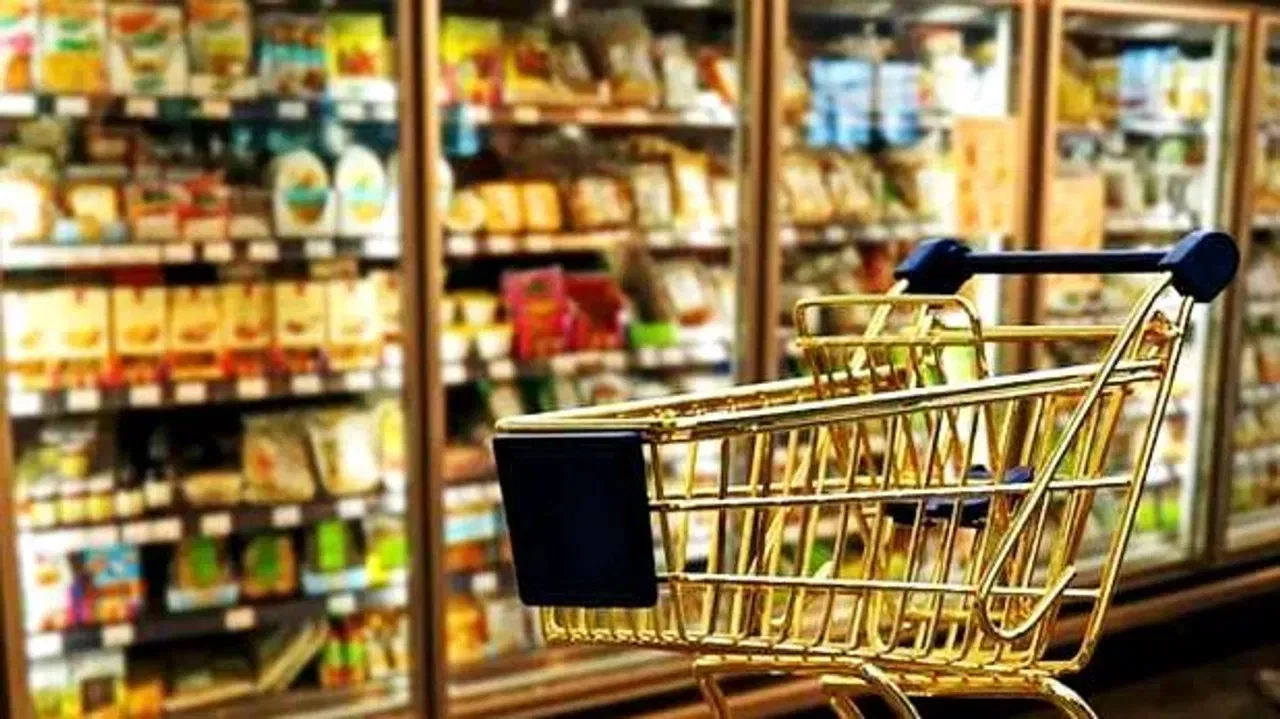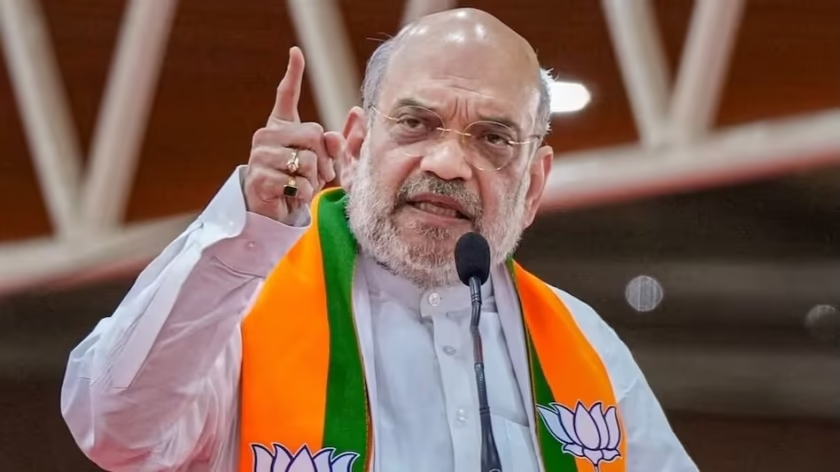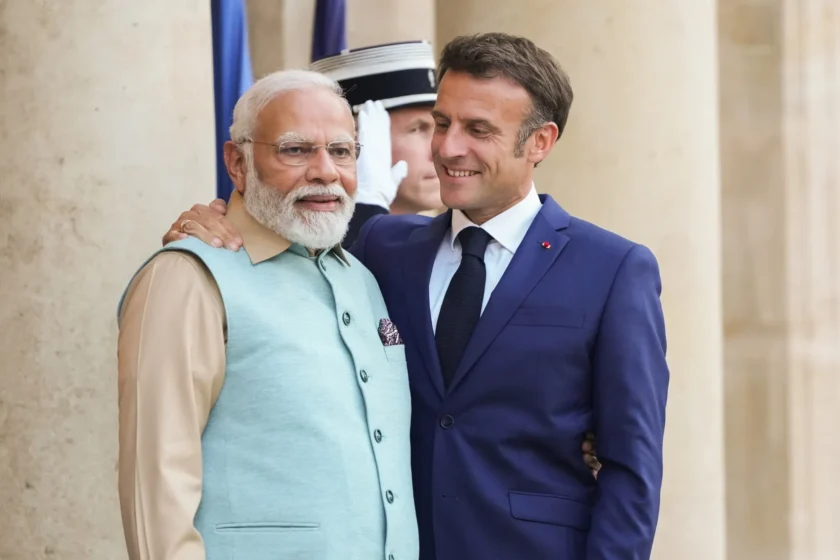New Delhi: The ongoing inflation in commodity prices is likely to put additional pressure on middle-class households, particularly as FMCG (Fast-Moving Consumer Goods) companies are hinting at further price increases. This trend follows the post-Diwali season when many consumers tend to overspend on festive items, potentially straining their budgets even further.
Several major FMCG players, including Hindustan Unilever (HUL), Marico, Tata Consumer Products, and Dabur, have already implemented price hikes. In a recent earnings call, Sunil D’Souza, MD & CEO of Tata Consumer Products, highlighted that consumer demand is feeling the pinch due to “erratic weather patterns” impacting the production of key commodities like tea and salt. He noted that these challenges have led to input cost inflation, prompting staggered price increases, with more anticipated soon.
For FMCG companies, while price hikes may bolster value growth, achieving volume growth is becoming increasingly challenging. The financial strain is evident as urban consumption declines amid rising food prices, with rural spending failing to compensate for the downturn in urban markets. Rohit Jawa, MD & CEO of HUL, pointed out that urban growth has slowed since June, although rural development has shown some recovery, albeit at a slow rate.
Saugata Gupta, MD & CEO at Marico, remarked on the impact of rising input prices on the lower middle class in urban areas, despite some protective measures from government programs for the economically disadvantaged. He mentioned that the company will take measured pricing actions in response to the rising trend in input costs and anticipates more significant price increases in the latter half of FY25.

ITC has also noted inflationary pressures on several commodities, including potatoes, maida, wheat, and edible oils. Sudhir Sitapati, MD & CEO of Godrej Consumer Products, referred to palm oil as a major issue this year, exacerbated by increased import duties. He expressed confidence in recovering margins through strategic price hikes and cost stabilization over the upcoming quarters.
Dabur India’s CEO, Mohit Malhotra, voiced concerns over food inflation, stating it has shifted consumer spending from discretionary items to necessities. However, he noted signs of recovery in urban consumer sentiment, despite having raised prices by 1.3% in the second quarter.
Looking ahead, ITC remains optimistic that broader consumption will be supported by government investments in public infrastructure, improvements in agricultural trade, and expectations of a strong crop yield along with reduced inflation rates.









